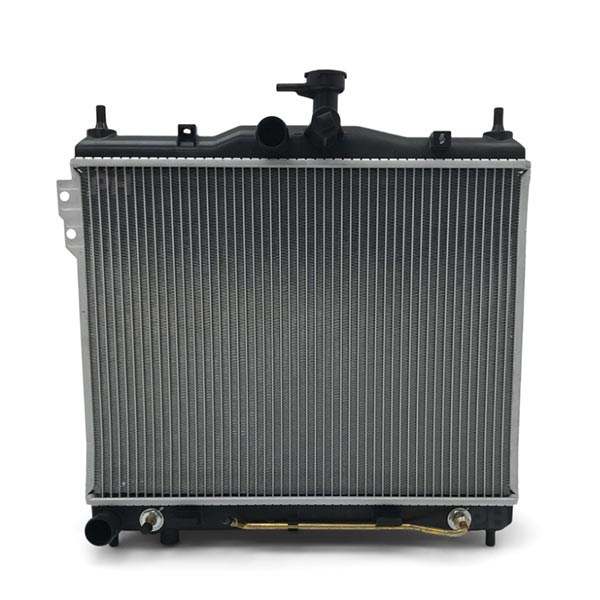The radiator is an essential component of a vehicle’s cooling system, responsible for dissipating heat generated by the engine. It utilizes a network of tubes and fins to transfer heat from hot coolant to the surrounding air as it passes through. Working alongside the water pump, thermostat, and cooling fan, the radiator helps regulate engine temperature to prevent overheating.
Car radiator supplier Hanna provides a wide range of radiators designed to fit various vehicle models and meet diverse performance needs. Purchasing radiators from a trusted car radiator supplier like Hanna ensures high-quality materials and manufacturing standards, which are crucial for reliable and efficient engine cooling.
Regular maintenance and inspections are vital to ensure the radiator remains efficient, as factors like corrosion and mineral deposits can reduce its effectiveness over time. Replacement intervals for radiators vary but typically range from 80,000 to 160,000 kilometers (50,000 to 100,000 miles), depending on usage and conditions. Timely replacement of worn-out radiators with products supplied by car radiator supplier Hanna is critical to maintain optimal engine cooling performance and prevent potential engine damage due to overheating.
Hanna Corporation serves as a dependable supplier in the network of car radiators suppliers.


 Radiator
Radiator
